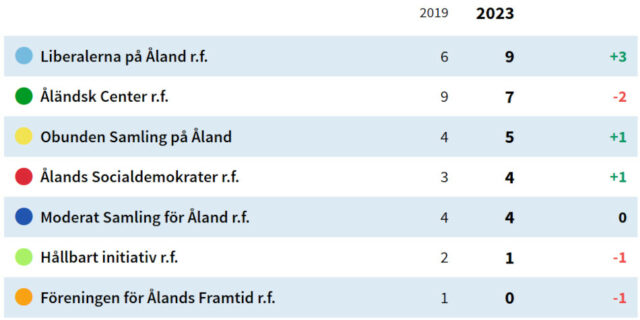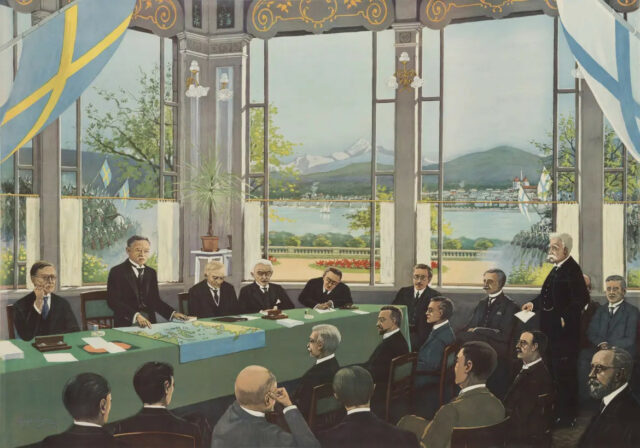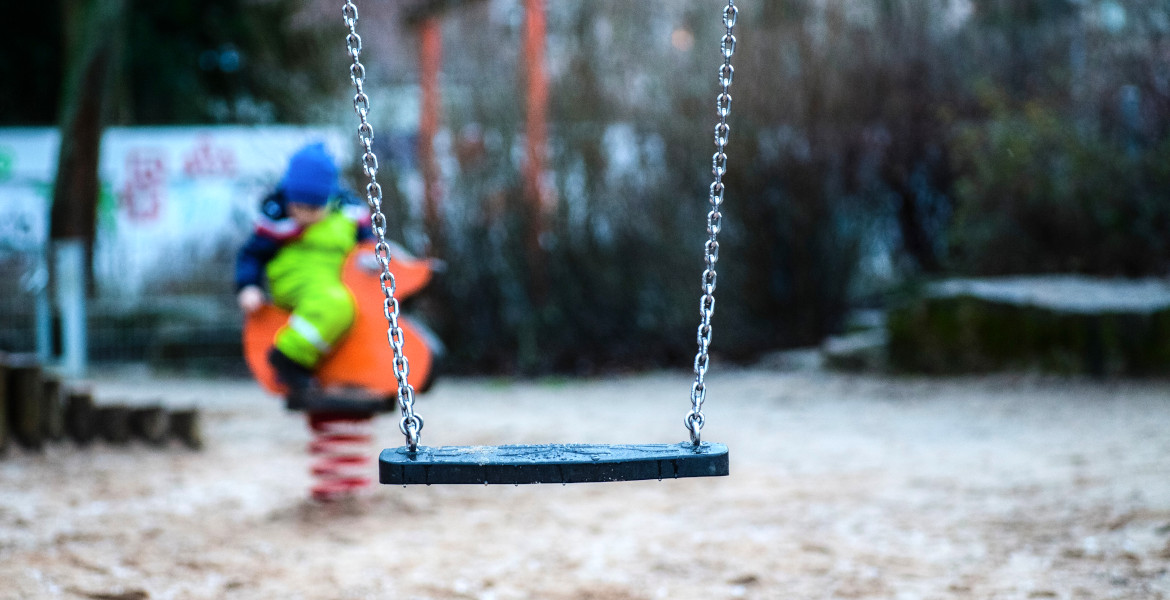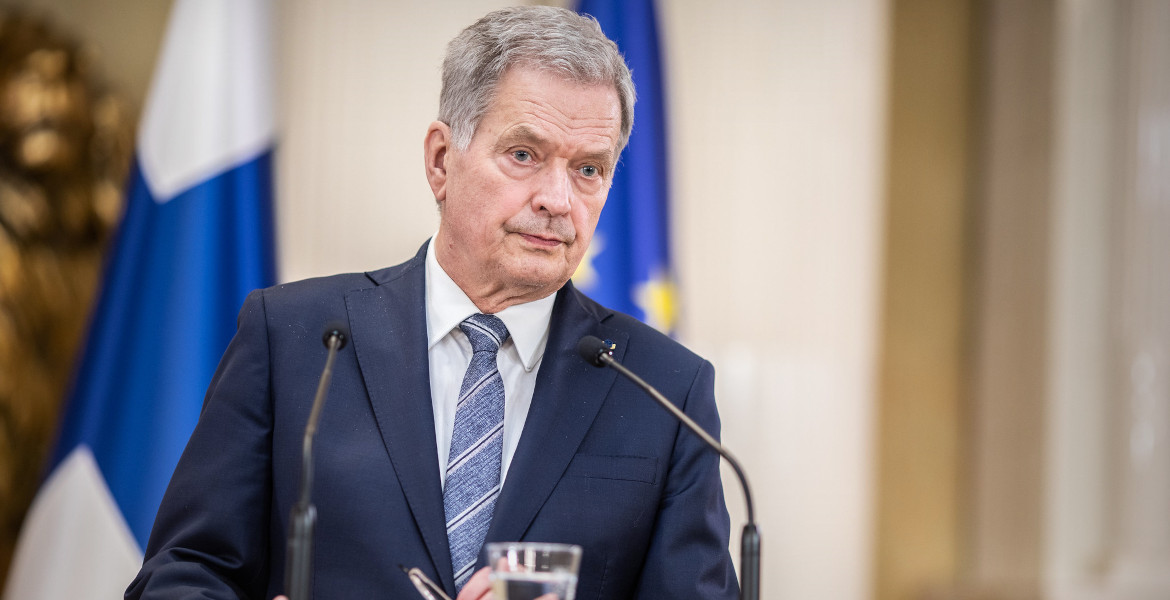The Liberals, who lost governing power on Åland Islands after the last election in 2019, look set to regain the trust of the Ålandic electorate to form a government. This comes after they increased their seats from 6 to 9 in the parliamentary election on Sunday.
The parliament of Åland, Lagtinget, consists of 30 members and has, during the past term, been made up of 8 parties. After last night, this number has decreased to 6 parties. This is due to the only independence-advocating party, Future of Åland, which has been in parliament since 2003, failing to defend its single seat. Additionally, the conservatively profiled party, Ålandic Democracy, did not run for re-election.

During the past term, the government of Åland has been led by the Center Party in collaboration with the Moderates and the policy-focused party Independent Assembly. For the first three years, between 2019 and 2022, the green party Sustainable Initiative also joined as a governing partner.
Don’t miss our exclusive series about the mysterious runes of the old Norse!
Moving forward in the election, apart from the Liberals, both the Independent Assembly and the Social Democrats made gains, securing 5 and 4 seats respectively in the new parliament. The Center Party, traditionally one of the major parties in Åland, has receded slightly to 7 seats from its previous 9. Sustainable Initiative also saw a decline, retaining just one of its two seats.

One of the main election issues has been the company Ilmatar Offshore's plans to build wind farms in the waters to the north of the Åland Islands. The planned areas cover as much as 938 square kilometers, equivalent to almost two-thirds of Åland's land area. The company Ilmatar is owned by the fund FPCI Capenergie 3, managed by the investment firm Omnes Capital, based in Paris. It is still unclear if the project will proceed and, if so, to what extent.
The voter turnout among just over 21,000 eligible voters out of Åland's total population of approximately 30,000 people was 68.3 percent, a slight decrease from the previous election's turnout of 69.7 percent.
Fact: Åland's Autonomy
The autonomous status of Åland arose as a result of the so-called Åland Movement, which aimed for Åland's reunification with Sweden. It ended with a compromise solution in the League of Nations in 1921, where Åland would continue to belong to Finland but was given international guarantees to preserve its Swedish language and culture. Åland has self-governing legislative powers alongside tax, defense, and foreign policy issues, which fall within the Finnish state's jurisdiction.
Previously, Åland was often referred to as the "Islands of Peace" due to its demilitarized and neutral status. However, in 2022, Åland was also included in Finland's accession to NATO's military alliance.





